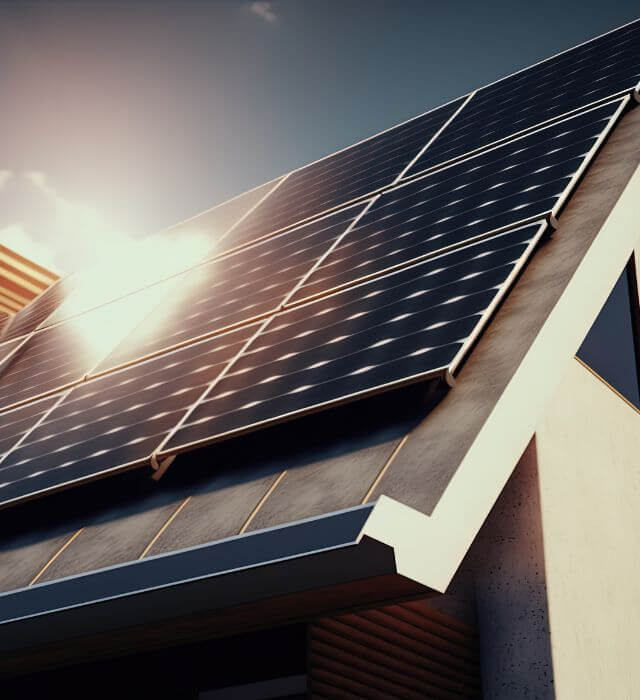
Myths and Truths about Solar Energy Systems in Houses
Solar energy systems have become increasingly popular for homeowners seeking eco-friendly and cost-effective alternatives to traditional energy sources. However, with the growing interest in solar power, various myths and misconceptions have emerged. In this article, we’ll explore some common myths and separate them from the truth when it comes to solar energy systems for houses.
Myth 1: Solar Panels Only Work in Sunny Climates
Truth: While it’s true that solar panels are most efficient in direct sunlight, they can generate electricity even in less sunny regions. Solar panels operate based on the amount of light, not just direct sunlight. In fact, some of the world’s leading solar energy producers, like Germany, have climates with significantly less sunlight than many U.S. states. Solar panels are designed to harness diffused and indirect sunlight, making them a viable option in various climates.
Myth 2: Solar Panels Require High Upfront Costs
Truth: The cost of solar panels has decreased significantly in recent years, making them more affordable for homeowners. Additionally, numerous financial incentives, such as federal tax credits and state-specific rebates, are available to reduce the upfront costs of solar installations. Many solar providers also offer leasing and financing options, allowing homeowners to install solar panels with little to no money down.
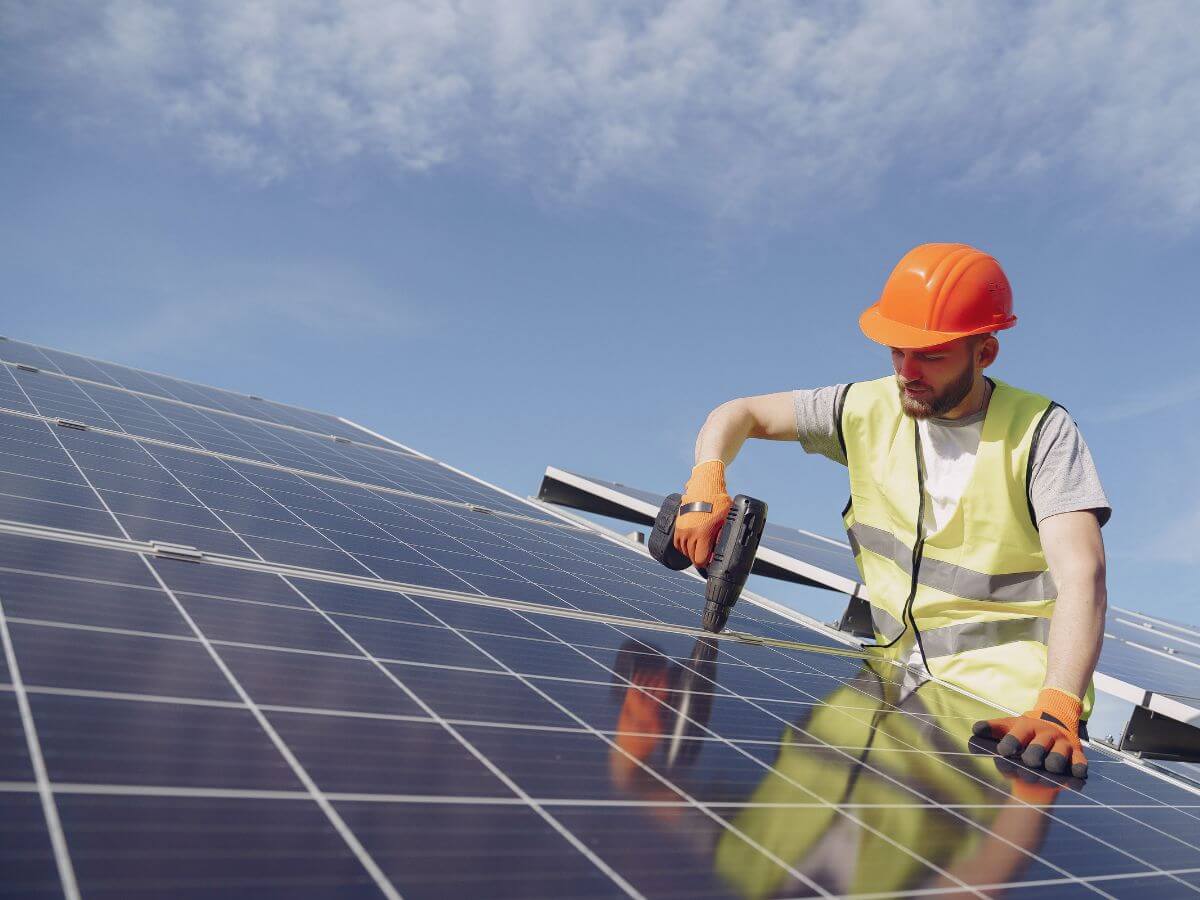
Myths and Truths about Solar Energy Systems in Houses
Myth 3: Solar Panels Are Unattractive and Decrease Home Value
Truth: Solar panels have come a long way in terms of aesthetics. Modern solar panels are sleek and often blend seamlessly with a home’s architecture. As for the effect on home value, studies have shown that solar panels can increase the resale value of a house. Buyers are often willing to pay more for a home with lower energy bills and a reliable source of clean energy.
Myth 4: Solar Panels Require Constant Maintenance
Truth: Solar panels are relatively low-maintenance. They have no moving parts, which reduces the risk of mechanical failure. Occasional cleaning to remove dust and debris and an annual inspection are generally all that’s needed to keep your solar panels operating efficiently. Many modern systems come with monitoring tools that make it easy to keep track of your system’s performance.
Myth 5: Solar Panels Don’t Work at Night
Truth: It’s accurate that solar panels don’t generate electricity at night because they rely on sunlight. However, many solar energy systems are grid-tied, meaning they’re connected to the local electrical grid. These systems can store excess energy during the day in batteries or send it back to the grid in exchange for credits. This allows homeowners to use energy at night and still benefit from their solar panels.
Myth 6: Solar Panels Will Damage Your Roof
Truth: When installed correctly, solar panels can protect and extend the life of your roof. They act as a shield against the elements, preventing direct exposure to the sun, rain, and debris. To ensure the safety of your roof, it’s essential to hire a professional installer who is experienced in roof penetration and mounting techniques.
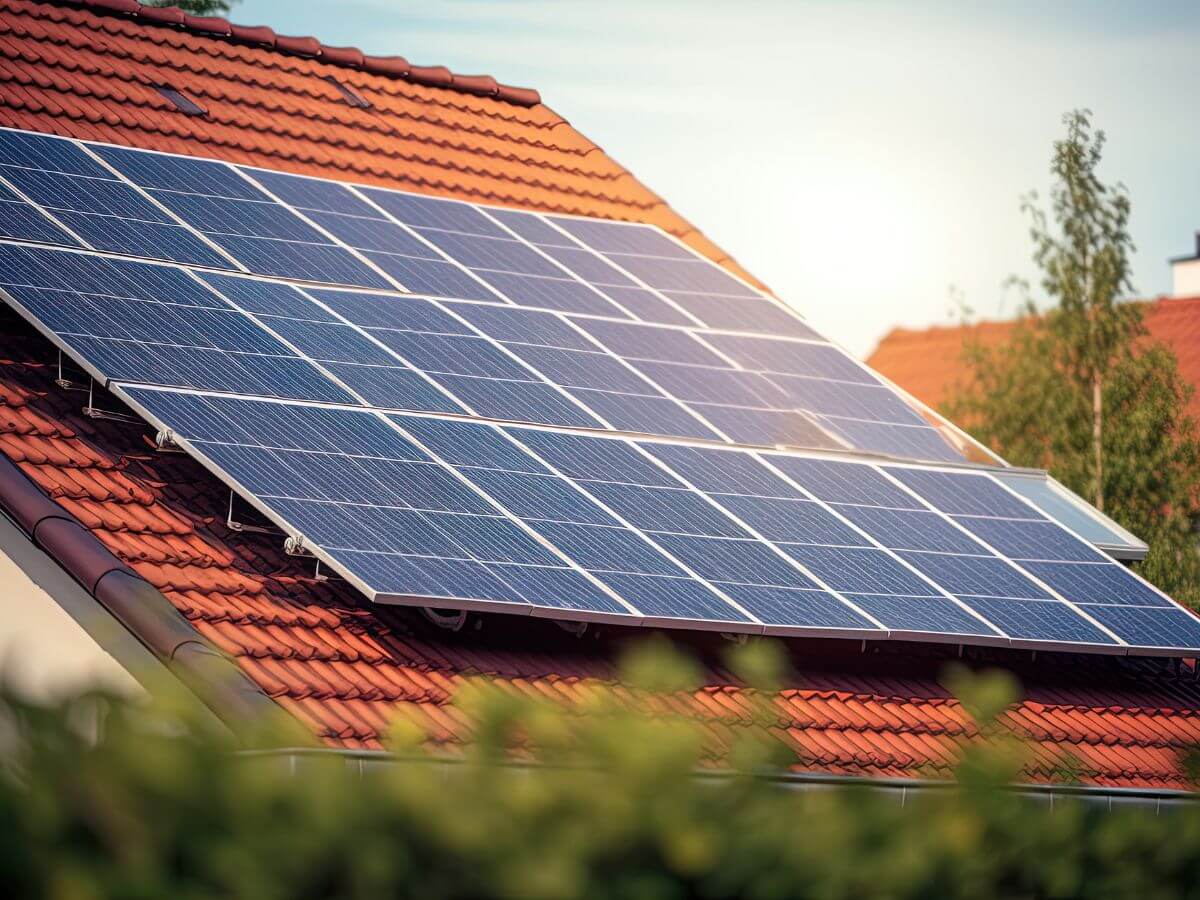
Myths and Truths about Solar Energy Systems in Houses
Myth 7: Solar Panels Are Not Environmentally Friendly to Produce
Truth: The production of solar panels does have an environmental impact, primarily due to the manufacturing process and the materials used. However, this impact is relatively small compared to the environmental benefits of solar energy production over the life of the panels. Solar panels can offset their own carbon footprint within a few years of operation, and after that, they continue to produce clean energy for many years.
Myth 8: Solar Panels Are Inefficient
Truth: Solar panel efficiency has significantly improved over the years. Modern panels can convert a higher percentage of sunlight into electricity, making them more efficient than older models. Additionally, advancements in solar technology have led to the development of high-efficiency panels that can generate more power in limited space.
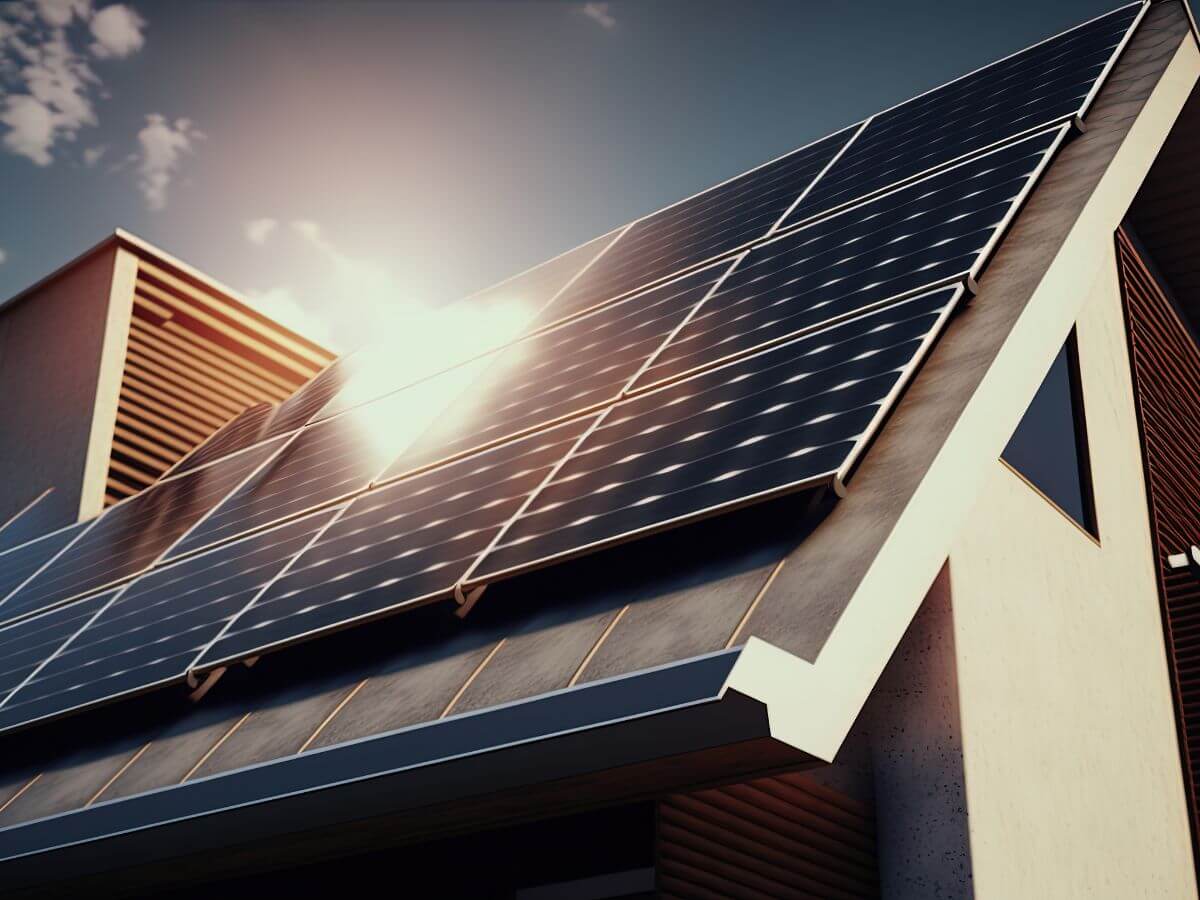
Myths and Truths about Solar Energy Systems in Houses
Myth 9: Solar Panels Are Only for Rich People
Truth: Solar panels are more accessible than ever. As mentioned earlier, numerous financial incentives and financing options are available to make solar installations affordable for a wide range of homeowners. Solar leasing and power purchase agreements (PPAs) are also popular options that allow homeowners to adopt solar energy without a substantial upfront investment.
Myth 10: Solar Panels Can Power Your Entire House
Truth: The amount of electricity your solar panels can generate depends on various factors, including the size of your system, the amount of sunlight your location receives, and your energy consumption. While it’s possible to power your entire house with solar energy, most homeowners choose to offset a portion of their energy usage, resulting in lower electricity bills rather than complete independence from the grid.
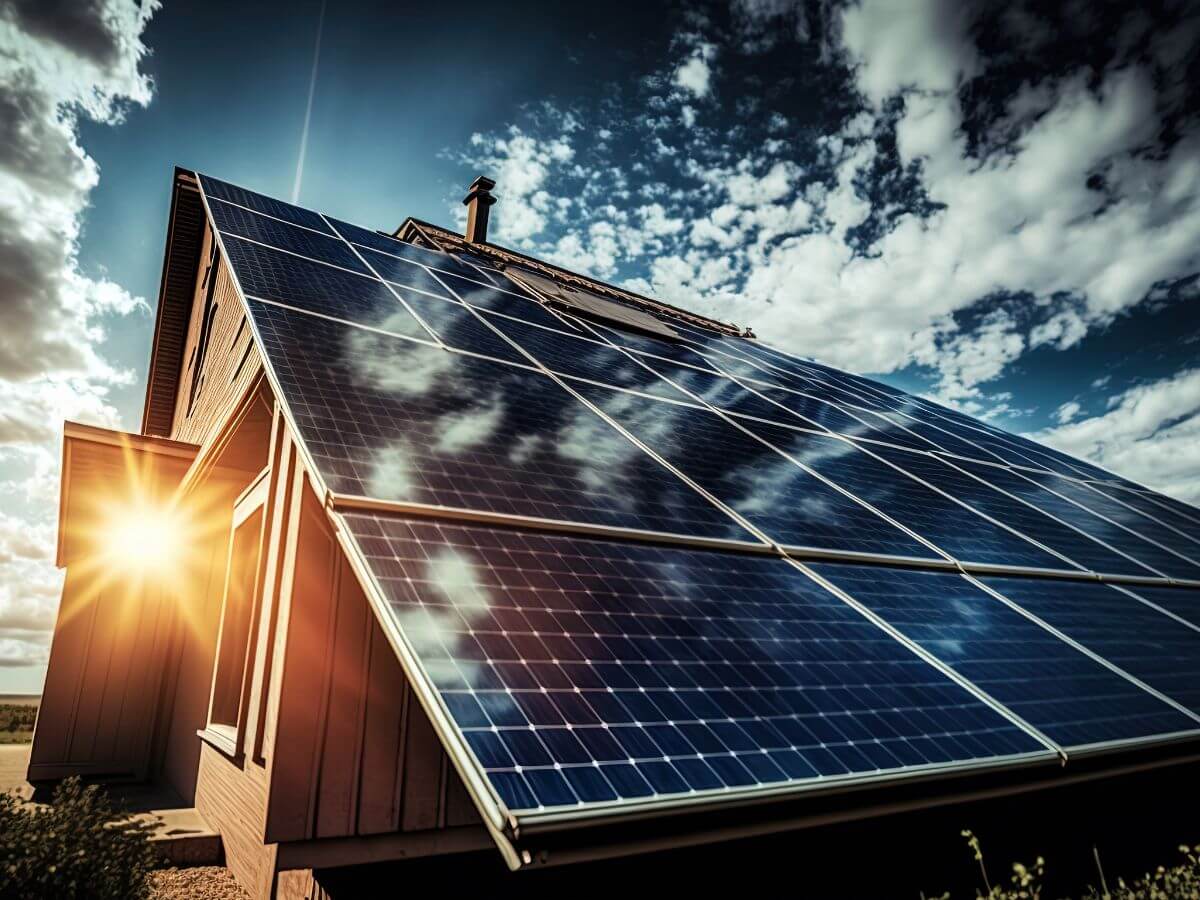
Myths and Truths about Solar Energy Systems in Houses
In conclusion, solar energy systems have come a long way and are more accessible and efficient than ever before. While there are still some myths and misconceptions surrounding them, the truth is that solar panels can provide an eco-friendly, cost-effective, and sustainable source of energy for your home. If you’re considering solar, it’s essential to consult with a reputable installer to assess your specific needs and take advantage of the available financial incentives. Solar energy is a clean and renewable option that not only benefits the environment but also your wallet.
